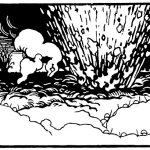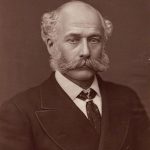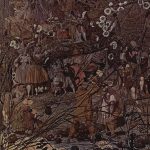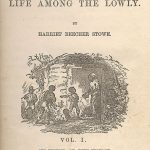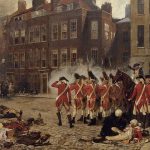To affect fundamental changes to the long-standing norms of our education system “stake-holders”, such as parents, teachers, employers and students themselves, all have to be persuaded and cultural and social norms changed.
Should GCSEs and A levels be scrapped?
Over the next 10 years current advances in IT, robotics and artificial intelligence are forecast to wipe out over one quarter of the of the occupations we now associate with white-collar professional work in, for example, law, medicine, banking retail services and commercial occupations. The “working class” experienced the phenomenon early in the industrial revolution, it is now the turn of the “middle class”.
The Eleventh Hour of the Eleventh Day of the Eleventh Month
All Quiet on the Western Front is a novel that has no heroes.
An Anniversary of Economic Cataclysm
The banks were responsible for the disaster, but they were not allowed to go under for their crimes, as many economists then and now say they should have been.
From The Watergate Scandal to Trump’s replaying of American Politics
Unlike Nixon, who became deeply depressed by it, Trump actively thrives on constant bad publicity and attention.
1858: The Heatwave that sanitised London
Bazaigette’s system proved to be the greatest contribution to public health in Victorian England, far more effective than the medicine of the time in combating its epidemic diseases like cholera and typhoid.
An Artistic Legacy born from “Madness”
It became a practice for the managers of Victorian asylums to commission and collect the artwork of talented inmates, believing that their paintings and drawings gave a unique insight into the workings of the human mind.
“A War Imagined”: Invasion Literature
Early espionage novels helped inspire thousands of young men, who had been schooled to believe in the twin myths that war was an adventure and self-sacrifice a duty, to volunteer for service in the Great War.
“The Little Woman who made a Great War”
Her famous novel, Uncle Tom’s Cabin, first came out as a serial in an anti-slavery newspaper and was published in book form in the spring of 1852. Within a year it had sold 300,000 copies in America alone.
London’s Burning
Historians have calculated that the destruction of property in the city was comparable to the Blitz of the Second World War.


